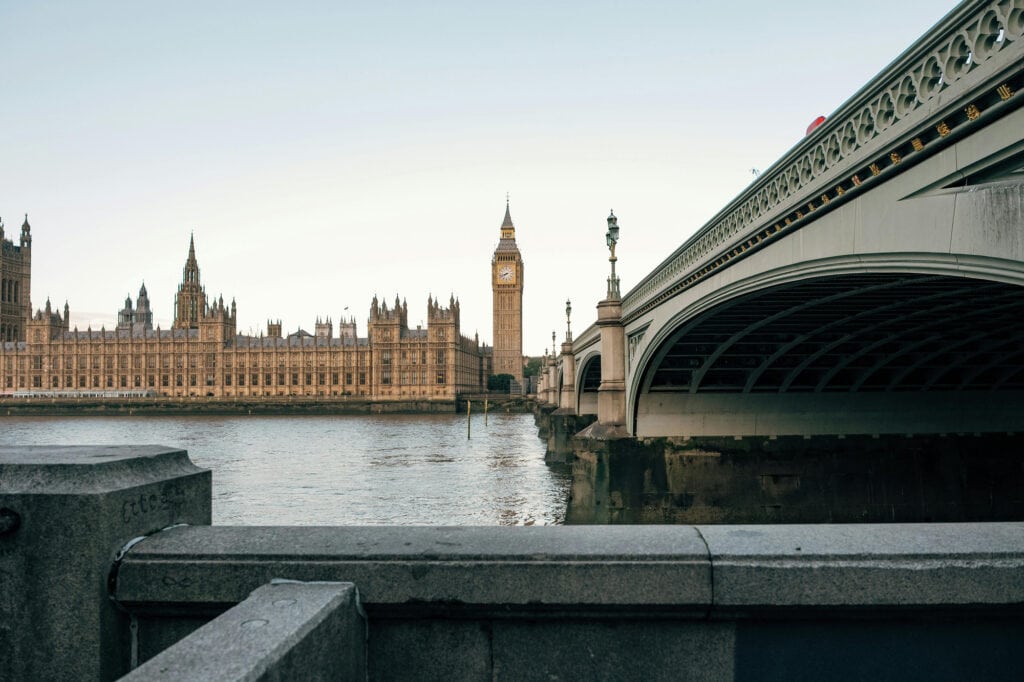The new Conservative leader, Kemi Badenoch, still settling into her new role, will look to take the fight to both Labour and Reform, with Nigel Farage’s Reform Party eagerly looking to ride the wave of Trump’s potential return to power.
Below are a few highlights to keep an eye on:
The Search for Growth and Spending Reviews
Looming internally for nervous ministers will be the Treasury-led spending review, expected in June 2025. Reeves has been clear that priorities will focus on the five ‘missions’ and the six ‘milestones,’ with the top priority being economic growth. The review will set the spending envelope for departmental budgets beyond 2026 for at least three years. For Labour politicians, who have been accustomed to decrying austerity, there will be uncomfortable moments, given the demands of 5% efficiency savings and strong Treasury steers of belts being tightened. Expect tough trade offs in policy areas outside of the NHS, education, and the green agenda.
Further concern will come from flatlining growth figures, which will threaten the £9.9bn fiscal headroom set by Chancellor Rachel Reeves to maintain market confidence. March 26th will be a milestone to watch — which Reeves has set as the ‘Spring Forecast,’ where the independent Office for Budget Responsibility (OBR) will update its forecast figures. The government has downplayed it as not a fiscal event, but Reeves may still pull some policy rabbits out of the hat if needed.
Campaigners looking for substantial financial support from the government may be disappointed, and any requests will need to be tailored to fall within the frameworks of government priorities. Reforms and reviews that cost less money but unlock growth will be much more palatable.
Local Elections (and a parliamentary by-election?)
On May 1st, the first major set of local elections will be held in England since the General Election. While they will be a test for Labour – and so far local Council by-elections have been poor for them – any readings of these results will be complex, given that the last elections were contested during the Conservative highpoint of 2021. As a result, the Conservatives will primarily be on the defensive, and likely the most nervous. Reform will look to make gains. It will be the May 2026 elections that will act as a bigger test for Labour, buying Starmer more time with his nervous backbenchers. The reform of local councils, spearheaded by his Deputy Angela Rayner, which encourages two-tier local government to consolidate into a unitary structure, will also mean some elections might be postponed this year.
We mustn’t forget also the prospect of the first parliamentary by-election in this cycle, in Runcorn and Helsby in Cheshire. This came about because the now suspended Labour MP Mike Amesbury was charged with common assault after a violent incident caught on tape in November. A by-election is not yet certain, there are a few steps to follow still, including the court process, but Reform UK, second in the 2024 General Election, are lurking. Labour will brace to defend an admittedly sizable majority of almost 15k but the recent political volatility shows that even these majorities can be overcome in by-elections… While legislatively, losing this by-election will barely dent Labour’s majority, politically it will hurt and would unnerve backbenchers in similar seats.
Upcoming Legislation
2024 provided limited time to grant Royal Assent to Labour Government Bills (a notable new Act being to increase the public ownership of passenger rail services), so we will see further progress in 2025. Some notable bills across different sectors could include the Mental Health Bill, the Children’s Wellbeing and Schools Bill, and the Employment Rights Bill. The latter – at Committee Stage at the Commons, will strengthen employee rights and may face a tussle with employers already jaded by the increase in national insurance, and jars with the Treasury’s push for economic growth.
We are also still waiting for key legislation to be introduced, including the aforementioned Devolution Bill, the Planning and Infrastructure Bill, and the Skills England Bill.
With an enormous Labour majority, there are no immediate legislative threats, but opposition MPs could still table debates to embarrass the government and stoke internal divisions. An early one could relate to WASPI compensation, after Labour denied compensation to women impacted by the rising pension age.
The House of Commons returns to action on January 6th.
Foreign Policy — Including President Trump, Ukraine, and EU Negotiations?
Starmer will have to quickly address the ramifications of Trump becoming US President. The most pressing domestic issue would be whether tariffs will be raised against the UK. Trump had previously threatened 10 to 20% tariffs on all US imports. While trade in the UK is dominated by services rather than goods, the flatlined growth of UK GDP means there is little margin to push the UK into recession territory – a politically disastrous position for Labour.
How newly appointed UK Ambassador to the US and Labour grandee, Lord Mandelson, performs will therefore be key. I’ve seen Mandelson up close, and he is as smooth an operator as his reputation suggests, and will employ his full arsenal of connections and charm at champagne receptions, but Trump’s inner circle is notoriously tribal and unpredictable. It will be a tough gig.
Then there are the wider ramifications. Does a Trump presidency mean less support for Ukraine? Does that mean more pressure on the UK to step up? Is there money to increase the defence budget to 3%? And how does this relate to the EU, with the UK keen to deepen ties but without the trade-offs? Will Starmer compromise on fisheries and a youth mobility scheme in order to reopen the UK-EU economic trade deal (due for review in 2026)? And what will Starmer do with the economic juggernaut that is China, as it dances between economic cooperation and confrontation. The government’s Strategic Defence Review expected later this year will offer some steers but no easy answers.
For more insights for the year ahead, feel free to get in touch. Also Join the 2,000+ policy professionals who receive the {Policy, Unstuck} newsletter, giving them tangible insight into the policymaking process and how to influence it.



